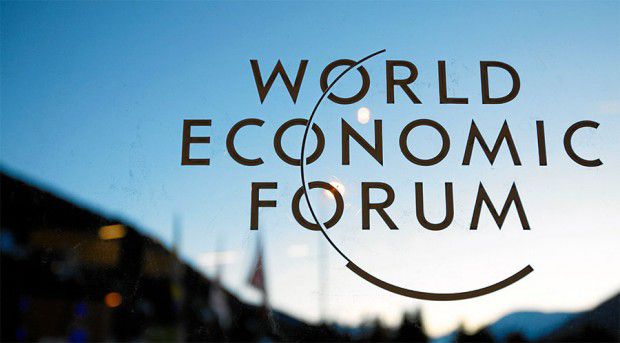The city-state will host the World Economic Forum this year given the still uncertain Covid-19 situation in Europe
The annual meeting of the world’s leading decision makers will be held in Singapore from May 13th-16th, and will feature heads of state and government, CEOs, civil society leaders, global media and youth leaders from seven continents. “A global leadership summit is vital to address how we can bounce back together. The World Economic Forum 2021 will be the moment in which leaders from business, politics and civil society will meet in person for the first time since the pandemic began. Public-private cooperation is more necessary than ever to rebuild trust and address the challenges that emerged in 2020”, said WEF founder and executive chairman Klaus Schwab.
In fact, the event will be attended by many academics, world leaders in politics and business to discuss the most urgent issues of the moment. The aim is to focus on the objectives to be achieved, including sustainable development, and to discuss topics such as technology and commercial governance.
The WEF’s decision to hold its annual meeting in Singapore reflects the trust the city-state has gained through its handling of the Covid-19 pandemic; unlike previous editions, in fact, the 2021 meeting will not be held in the Swiss town of Davos. “After careful consideration, and in light of the current situation regarding Covid-19 cases, it was decided that Singapore was in the best position to host the meeting”, a WEF spokesperson said.
The city-state has in fact kept the virus under control with strict measures such as the implementation of a partial block for two months, the obligation to wear a mask and the limitation of social meetings. This has allowed the economy to gradually reopen from mid-June, with daily cases in the community dwindling to minimal or even zero, while most of the new cases are imported.
In fact, despite the economic impact of the pandemic, Singapore managed to attract foreign investment worth $13 billion in the first four months of 2020, said Chan Chun Sing, stating that these investments come from the electronics and technology sectors. Companies that have invested in the city-state include electronics company Micron, e-commerce platforms Lazada and Shopee, and manufacturing company Thermo Fisher Scientific.
Companies like Twitter, Tencent, Zoom, Snap and Rakuten Mobile have also expanded to Singapore in the midst of the global pandemic, but the city-state is no stranger to frequent investments by tech companies as it hosts 80 of the 100 most innovative in the world. The main factor behind these companies to expand into Southeast Asia is the presence of approximately 650 million people, more than half of whom are under the age of 30. Other reasons are also the rapid digitization of ASEAN, the burgeoning middle class, rapid urbanization and industrialization, and the effects of Covid-19 which are increasing demand in sectors such as e-commerce and robotics.
For this reason, many international companies are looking for a hub within ASEAN where it is easy to do business and which contains a dense ecosystem of customers, suppliers and partners. Companies already based in Asia have also chosen to establish a presence in Singapore, such as the Chinese tech giant, Tencent Holdings, which announced in September 2020 that it had chosen Singapore to support its expansion into ASEAN.
Singapore’s global leadership in the digital sector is the result of years of active government-supported technology initiatives. These were also joined by private initiatives such as that of Google, which launched the Skills Ignition SG in July 2020 with the aim of training participants in works related to digital marketing and cloud technology. The rates of the training programs and the monthly salary of the participants are covered by the government of Singapore which, by supporting the technology industry in setting up such initiatives, can ensure that attractive companies have access to competent technicians ready to support their needs in the city-state.
Digitization will therefore have a very significant impact on the labor market, and Singapore, as the financial hub of Southeast Asia, will benefit from the growth and economic transformation of post Covid-19 Asia. To maintain this status, however, it will need to continue to be the global and regional headquarters of financial institutions, attracting highly skilled technicians, hiring responsibly in every professional sector and distributing the benefits among Singaporeans, while also valuing local talent.






